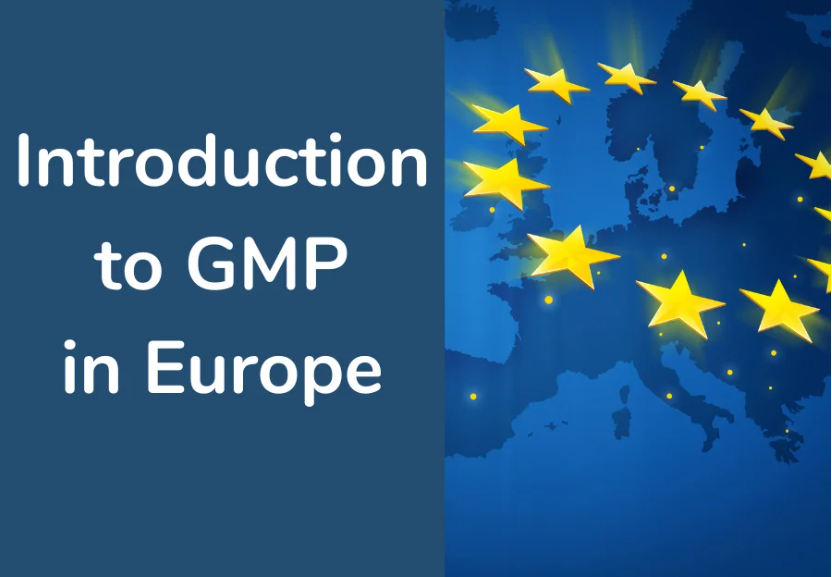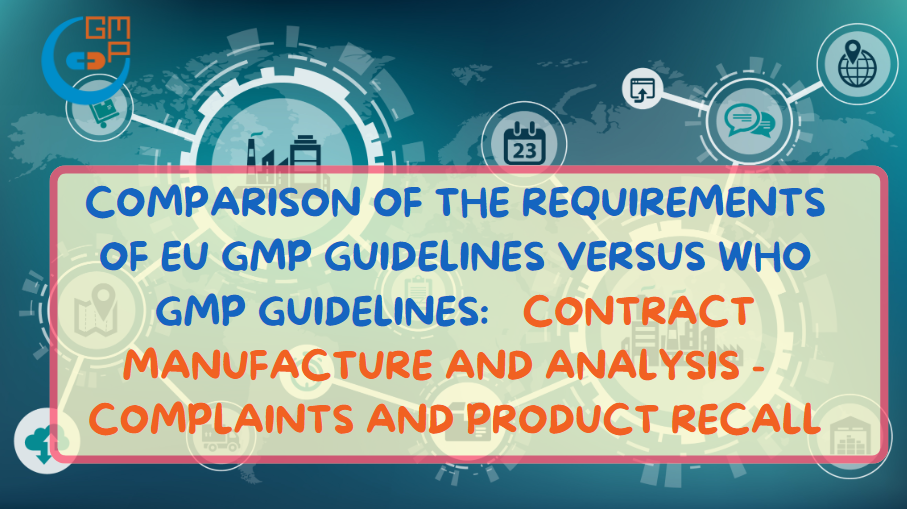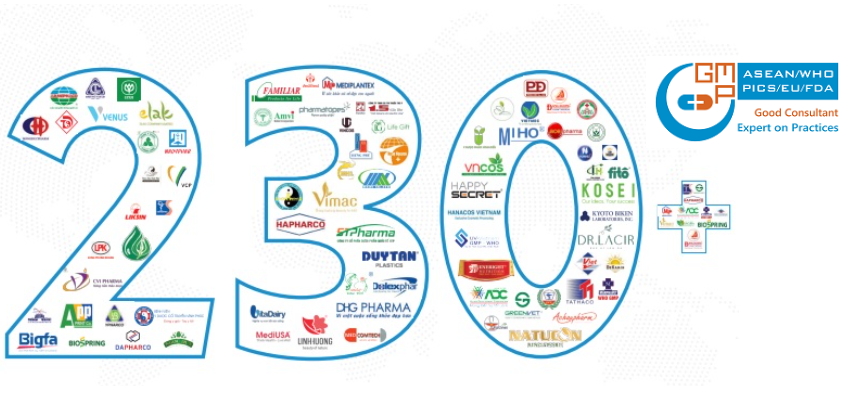
The quality of pharmaceuticals has been a concern of the World Health Organization (WHO) since its inception. The setting of global standards is requested in Article 2 of the WHO Constitution, which cites as one of the Organization’s functions that it should “develop, establish and promote international standards with respect to food, biological, pharmaceutical and similar products.”
The first GMP text published by WHO was developed during 1967-69 upon request by WHO’s Member States and was revised in 1975.
Revised and expanded GMP guidelines were prepared during 1989-90, approved by the WHO Expert
Committee on Specifications for Pharmaceutical Preparations in late 1990 and subsequently published by WHO. At that time, Part One of these revised and expanded guidelines set out the philosophy and essential elements of GMP; Part Two dealt with good practices in production and quality control. These two parts together represented the “core” of the GMP guidelines published by WHO.
The EU and WHO guidelines are based on the same principles but differ in detail.

Contract manufacture and analysis
Due to the complexity in the sequence of production processes and testings of drug products it is common praxis to delegate tasks to external providers.
In these cases a written contract has to be effected between the contracting parties, clearly defining the responsibilities of each party.
This topic is treated in chapter 7 “Contract manufacture and analysis” of the EU guidelines, which corresponds to the chapter 7 “Contract production and analysis” of the WHO guidelines.
The requirements of both guidelines are identical, except for the references mentioned below, which can only be found in the EU guidelines:
• that a contract has to be effected in writing;
• that in case of contract analysis the Contract Acceptor should understand that he is subject to inspection by the competent Authorities.
Complaints and product recall
According to the EU GMP guidelines chapter 8, all complaints and all information on possible defective products have to be closely surveyed. Based on these activities and information, it should be possible to recall fast and effectively products proven or supposed to be defective. It is required to use a default list and state the respective procedures in writing.
The WHO guidelines describe the necessary procedures in the chapter 5 “Complaints” and 6 “Product recalls”.
There are no decisive differences between the two guidelines on the issue of complaints and product recall.
The EU guidelines describe the requirements regarding the distribution records a little bit in more detail and underline additionally that the person designated as responsible for the co-ordination of recalls should normally be independent of the sales and marketing organisation.

GMPc Vietnam is recognized throughout Vietnam as the leader in providing turnkey consulting solutions for GMP-certified facility projects, including Pharmaceuticals, Cosmetics, Health supplements and Veterinary pharmaceutical. Though 12 years of development 2011 to 2023, GMPc has implemented more than 230 GMP-certified facility projects, equaling to more than 80% of market share of the field in Vietnam. Not only do domestic customers, foreign investors also choose GMPc as their consultant when investing new factories in Vietnam, such as Kyoto Biken Vaccine Factory, Nippon Chemiphar Pharmaceutical Factory, Shimizu Contractor, Kajima Contractor, etc.
Consulting services for EU GMP
Consulting services by GMPc Vietnam
GMP project consulted by GMPc Vietnam


